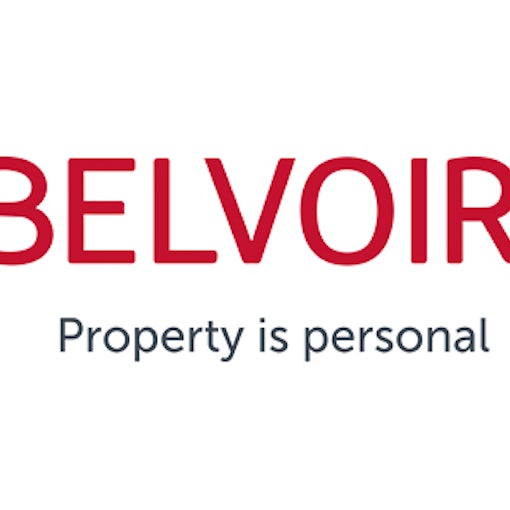Here at Belvoir Liverpool West Derby we try to take the hassle out of all aspects of letting out a property for both the landlords and tenants. We try to give you as much up to date relevant information as possible. Below is a guide for landlords regarding income tax and the best ways in which to go about your self-assessment tax.
We have all heard the HMRC’s slogan: “Tax doesn’t have to be taxing”. This is true if you know what you are doing, however if you have never had to be in charge of calculating your own taxes before you will probably find the whole thing extremely daunting. Furthermore, there have been numerous press articles recently that have discussed how the HMRC is planning on cracking down on landlords that aren’t paying enough tax, meaning that the idea of getting it wrong could make the whole thing even more stressful! That is why we have written a guide to tell you the basics of calculating your own tax:
Registering for Self-Assessment
Before you even get your calculator and pens out the first thing you will need to do is register for self-assessment with the HMRC so that they know that you are officially in charge of calculating and paying your own taxes. In order to register for a self-assessment you will have to contact the HMRC no later than the 5th of October after the end of the tax year for which you need a tax return. Tax years run from 6th of April one year to the 5th of April for the next, so if you want to pay tax on your rent income for the 2007-2008 tax year you will need to register for self-assessment by October 5th 2008.
When registering for self-assessment you will need to provide information including your National Insurance number, your contact details, the date from which you began letting out properties and your ten digit Unique Taxpayer Reference number (but you will only have this if you have previously completed a Self-Assessment Return). After you have gathered all this information you will be able to register for self-assessment on the HMRC’s website.
Income and Deductions
One of the first things you will need to note down on your self-assessment is how much income you have gained from rent over the course of the year, which shouldn’t be too difficult if you have kept all your paperwork organised! Next comes the important part – figuring out your deductions so that you don’t end up overpaying. There are a large amount of deductions that landlords are entitled to, including the interest on your mortgages, which over the year can add up to quite a large amount! If you are unsure of how much your mortgage interest has cost you over the year then contact your bank as they will be able to advise you quickly and easily.
You can also claim back the tax on around ten per cent of your rental income per year under ‘wear and tear’, which covers the cost of repairs and replacing furniture for each of your properties. You also can deduct the cost of landlord insurance, as this also counts as a necessity.
Capital Gains Tax
One thing all landlords must keep in mind is that if they decide to sell one of their properties they may have to pay tax on a certain amount of the profits due to capital gains tax. For this tax year the amount of profit you can make tax free after selling one of your properties is £10,600, however keep in mind this is just for profit. For example, if you bought a house for £100,000 and sold it for £120,000 you would make £20,000 profit. Of this, you would only have to pay tax on £9,400.
Whilst this may seem confusing it is important for landlords to get to grips with Capital Gains Tax as it will prevent you from selling a property only to find out too late that you won’t receive as much as you thought for it!
Help and Advice
If you are struggling to fill in your self-assessment then there are places you can go for help, including the HMRC’s website. You can also try calling their helpline however during busy periods you may find you have to wait on hold for long periods of time which can run up your phone bill and test your patience! It may be a better an idea to cut your losses and hire an accountant who will not only make sure everything is correct but also advise you on new ways to save money!
It is true what they say: tax doesn’t have to be taxing, especially if you plan ahead and give yourself plenty of time to fill in your self-assessment. Just remember, the more often you do it the easier it will become!
For more information check out the full artice @ http://www.justlandlords.co.uk/blog/2013/04/09/a-guide-to-taxes-for-landlords/
Let. us do all the work!
Belvoir
Liverpool West Derby








